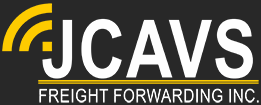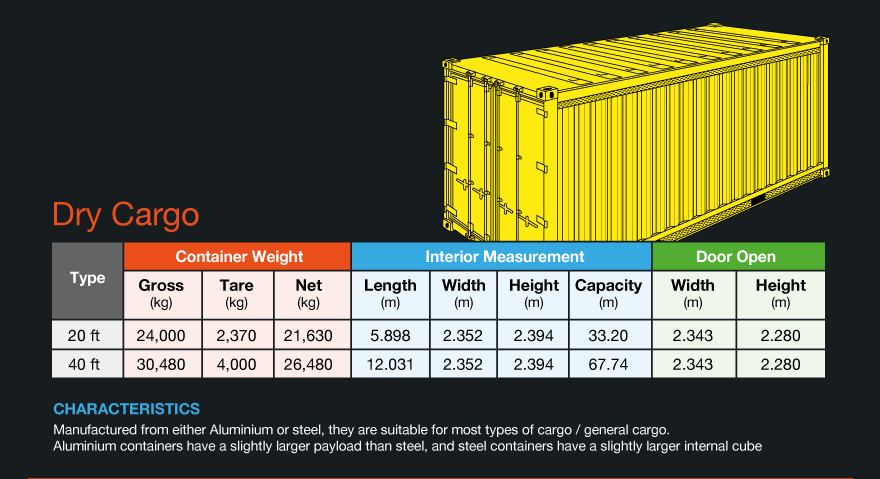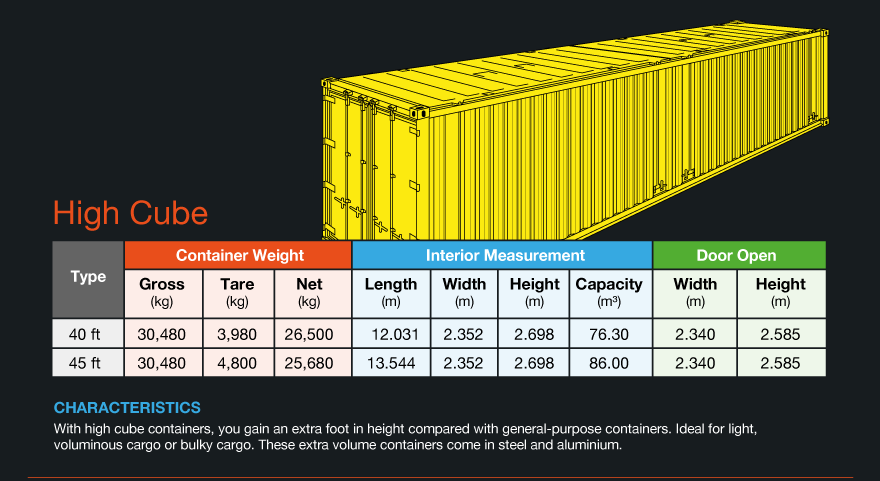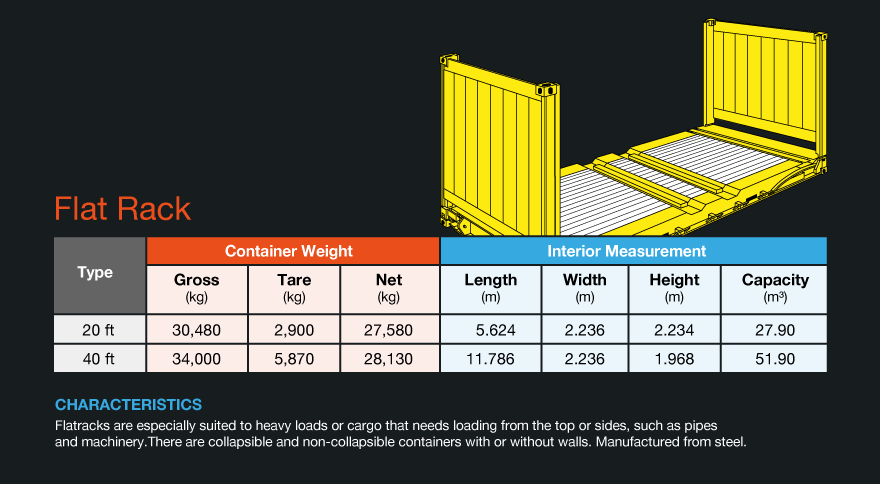tools
We prioritized your goods and deliver them on timeQuick Links
CDEC ETRADE
https://www.etrade.net.ph/etrade-2.0/login/auth
Web Commerce for Cargo Community
InterCommerce
https://www.intercommerce.com.ph/login.asp?home=home
The InterCommerce Web-based Customs Declaration System or WebCWS makes the Customs entry lodgment process – FAST!
TABS
https://vbs.1-stop.biz/SignIn.aspx
electronic platform for booking containers in the major international ports of Manila
GOFAST
https://www.gofast.ph/login/auth
Empty Container Return System
MITC TRACK & TRACE
https://my.ictsi.com/
global port management company that develops, operates, and manages ports and terminals.
Currency Exchange
https://www.xe.com/
Trusted Global Currency Converter
Vocabulary
Types of packages for General Cargo
The type of packaging required for a commodity varies by its kind and the mode of transport used to transport the cargo.
Following are the most common types of packaging used in shipping:
- Fiberboard boxes and cartons – mostly used for goods that are not fragile and not heavy.
- Bags – this is used for commodities such as fertilizers, grain (rice, maize, wheat, etc.), seeds, dried fruit, sugar, coconut, coffee, flour, copra, small items such as shells, raisins, etc., mail, salt, mineral sands and ores.
3. Wooden cases – have the wall strength to support loads. Wooden cases are used when goods are sensitive to heat, dampness and require protection by way of packing with layers of insulating material, tar paper or sealed plastic covering.
4. Wooden crates this is built like a skeleton – this is often use for large machineries or an outer packaging to boxes or cartons to provide extra protection against damages.
5. Bales – use for products that need pressure baling or compression by banding such as fabric, hay or cotton tightly wrapped and bound with cords or hoops
6. Shrink wrapped – a polythene sheet of suitable gauge is then draped over the bags. This unit is then passed through a tunnel oven where polythene is heat-sealed tight, binding the bags to the pallet to form a good unit load.
7. Lift vans – used for household goods such as tables, chairs, cupboards, glassware, brassware, etc., have to be moved, especially from one country to another, they have to be packed in “lift vans” which are unit loads specially built for the purpose.
Incoterms 2020
Incoterms® 2020 are pre-defined commercial terms by the International Chamber of Commerce (ICC). They are widely used in international commercial transactions or procurement processes. Incoterms® are the rules that define responsibilities of buyers and sellers in international trade. They provide guidance for determining how costs and risks are allocated to the parties. Incoterms® rules are regularly incorporated into contracts for the sale of goods worldwide and have become part of the daily language of trade.
The latest version, Incoterms® 2020 takes into account latest developments in commercial practice and will come into effect on 01.01.2020.
Incoterms® is a registered trademark of the International Chamber of Commerce (ICC).
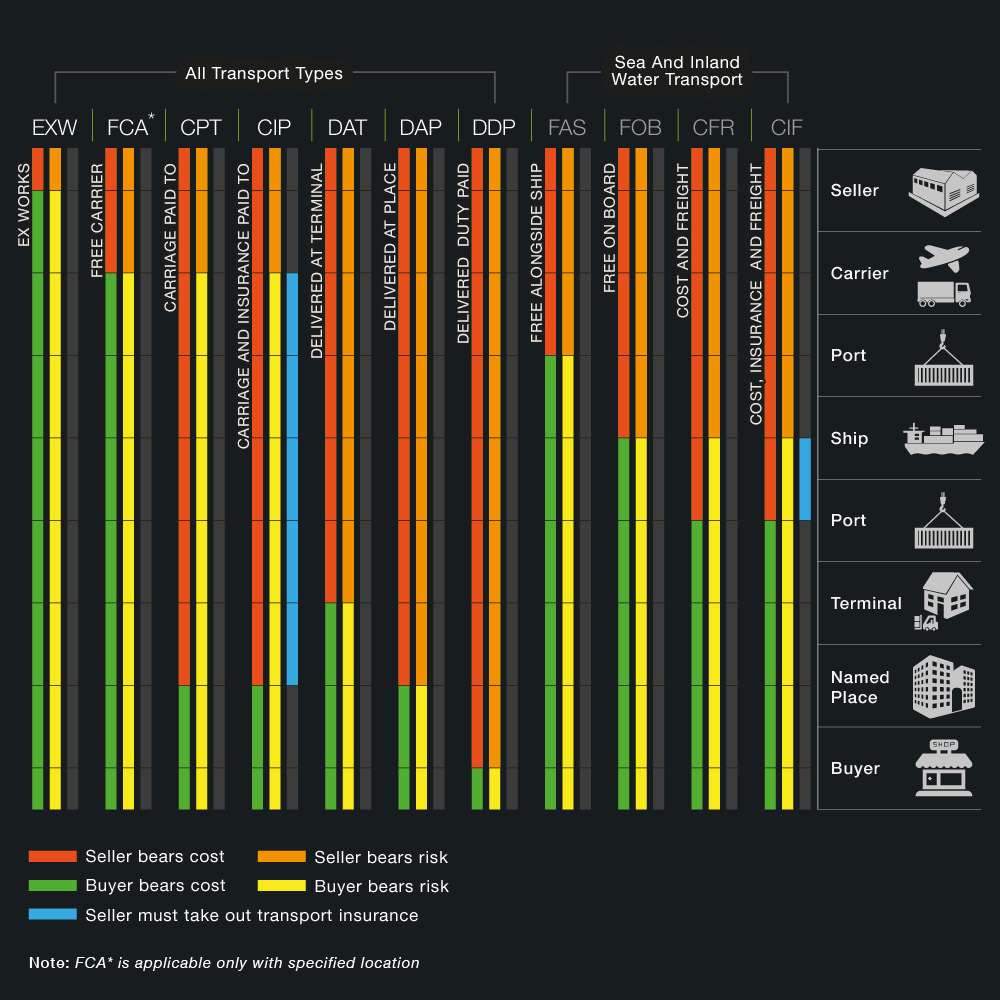
The two main categories of Incoterms® 2020 are organised by modes of transport. The aim is to clearly stipulate the obligations of buyers and sellers.
Group 1. Incoterms® that apply to any mode of transport are:
- EXW Ex Works
- FCA Free Carrier
- CPT Carriage Paid To
- CIP Carriage and Insurance Paid To
- DAP Delivered at Place
- DPU (new) Delivered at Place Unloaded
- DDP Delivered Duty Paid
Group 2. Incoterms® that apply to sea and inland waterway transport only:
- FAS Free Alongside Ship
- FOB Free on Board
- CFR Cost and Freight
- CIF Cost, Insurance, and Freight
THE MOST IMPORTANT CHANGES FROM THE PREVIOUS INCOTERMS® 2010 ARE:
DAT (Delivered at Terminal) is changed to DPU (Delivered at Place Unloaded), which means that any (agreed) location can be the destination in the future and not only a “terminal”.
FCA (Free Carrier) now provides the additional option to make an on-board notation on the Bill of Lading prior loading of the goods on a vessel. Buyers and sellers can agree that the buyer instructs their carrier to issue the seller with an on-board bill of lading after loading the goods. At the same time, the seller is obliged to hand over this on-board bill of lading to the buyer.
CIP now requires at least an insurance with the minimum cover of the Institute Cargo Clause (A) (All risk, subject to itemised exclusions).
CIF requires at least an insurance with the minimum cover of the Institute Cargo Clause (C) (Number of listed risks, subject to itemised exclusions).
Free Carrier (FCA), Delivered at Place (DAP), Delivered at Place Unloaded (DPU) and Delivered Duty Paid (DDP) now take into account that goods may be moved by using its own means of transportation, without engaging a third-party carrier.
The Incoterms® 2020 explicitly shifts the responsibility of security-related requirements and ancillary costs to the seller.
For further explanations of Incoterms® 2020 and specific advice please contact your Key Account Manager at Henning Harders.
Rules for Sea and Inland Waterway Transport
- FAS – Free Alongside Ship
“Free Alongside Ship” means that the seller delivers when the goods are placed alongside the vessel (e.g., on a quay or a barge) nominated by the buyer at the named port of shipment. The risk of loss of or damage to the goods passes when the goods are alongside the ship, and the buyer bears all costs from that moment onwards.
- FOB – Free On Board
“Free On Board” means that the seller delivers the goods on board the vessel nominated by the buyer at the named port of shipment or procures the goods already so delivered. The risk of loss of or damage to the goods passes when the goods are on board the vessel, and the buyer bears all costs from that moment onwards.
- CFR – Cost and Freight
“Cost and Freight” means that the seller delivers the goods on board the vessel or procures the goods already so delivered. The risk of loss of or damage to the goods passes when the goods are on board the vessel. the seller must contract for and pay the costs and freight necessary to bring the goods to the named port of destination.
- CIF – Cost, Insurance and Freight
“Cost, Insurance and Freight” means that the seller delivers the goods on board the vessel or procures the goods already so delivered. The risk of loss of or damage to the goods passes when the goods are on board the vessel. The seller must contract for and pay the costs and freight necessary to bring the goods to the named port of destination. The seller also contracts for insurance cover against the buyer’s risk of loss of or damage to the goods during the carriage. The buyer should note that under CIF the seller is required to obtain insurance only on minimum cover. Should the buyer wish to have more insurance protection, it will need either to agree as much expressly with the seller or to make its own extra insurance arrangements.
Container’s Specification

"Building Connections"
LINKS
Overview
Services
Gallery
Tools
Contact Us
Main Office
Address
Unit 1209 Trium Square Sen. Gil Puyat Avenue cor Leveriza St, Barangay 37, Pasay City 1300 Philippines
Telephone
+63-2-7000-5846
+63-2-7000-5845
+63-2-7000-6076
inquiry@jcavs.com.ph
Office Hours
Mon - Fri: 8:30 - 17:30
